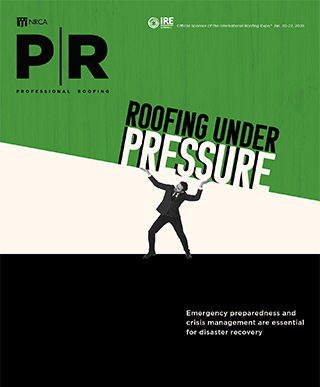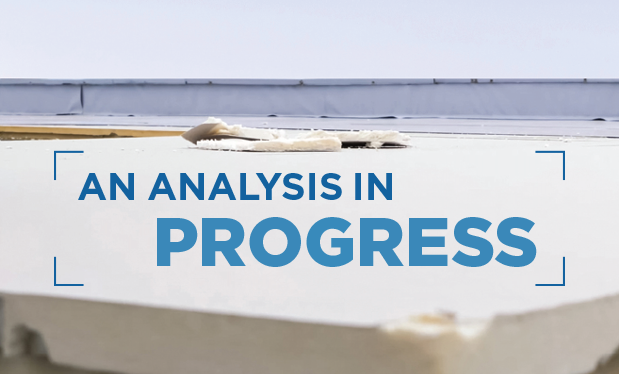“Gratitude is the wine for the soul. Go on. Get drunk.”
—Rumi
 It’s long been believed those who practice gratitude live happier, more fulfilling lives. And during the past decade, clinical psychologists have scientifically proved the concept to be true.
It’s long been believed those who practice gratitude live happier, more fulfilling lives. And during the past decade, clinical psychologists have scientifically proved the concept to be true.
Researchers at Harvard Medical School say: “Gratitude helps people feel more positive emotions, relish good experiences, improve their health, deal with adversity and build strong relationships.”
Many people take the time to show gratitude in their personal lives, making sure friends and family know they are valued and appreciated while also, as the saying goes, counting their blessings.
But newer research has shown practicing gratitude in the workplace has important and far-reaching consequences, as well.
“Gratitude is the ultimate performance-enhancing substance at work,” says Robert Emmons, a psychology professor at the University of California—Davis and author of The Little Book of Gratitude: Creating a Life of Happiness and Wellbeing by Giving Thanks.
In an interview with Fast Company, Emmons says workplaces that lack gratitude suffer greater instances of job dissatisfaction, turnover, absenteeism and burnout.
“In many organizations, the workplace culture is toxic,” he says. “Symptoms of this are exploitation, complaint, entitlement, gossip, negativity.”
He goes on to say appreciation from a supervisor often is a better motivator than a monetary reward.
In fact, Glassdoor, an online job recruiting site, conducted a study that showed 80% of employees would work harder for a more appreciative boss.
So how do you do it? The key to providing gratitude is to be sincere—employees will see through false attempts to make them feel valued. But showing gratitude can be as simple as writing a thank-you note or picking up lunch for a hardworking behind-the-scenes employee who often doesn’t get a chance to show you his or her efforts in person.
Emmons says the possibilities are endless.
“We are hungry for expressions of gratitude,” he says. “Everyone wants to feel appreciated, valued, recognized.”



